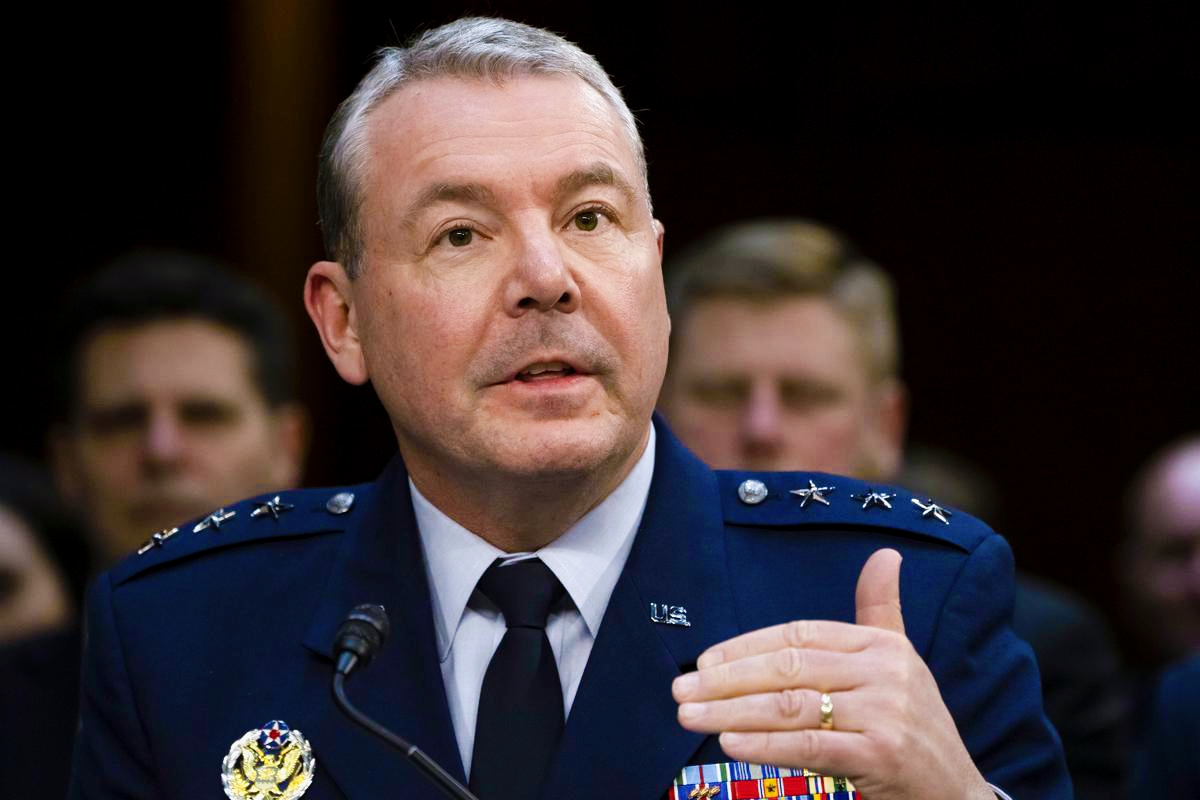A senior official at the U.S. Department of Defense reported yesterday, Friday, that General Jeffrey Cross, head of the Defense Intelligence Agency (DIA), will be relieved of his position, in a move that is part of a series of unprecedented firings of senior military and intelligence leaders during this year, under President Donald Trump's second term.
The decision to fire him sparked widespread controversy, especially since Cross took command of the agency in January 2024, and his dismissal coincided with the agency's release of a preliminary intelligence assessment indicating that U.S. airstrikes on Iran last June were not as impactful as the administration described, but only delayed Tehran's nuclear program by a few months, without completely halting it.
This assessment is believed to have angered Trump and prominent officials in his administration, after the U.S. president had announced that the strikes had "completely destroyed" three Iranian nuclear sites in a speech broadcast on media, asserting the mission's success as "decisive".
U.S. media reported that the discrepancy between the agency's assessment and presidential statements played a key role in the decision to fire him, although the defense official who confirmed the news refused to disclose the direct reason.
Cross's firing is part of a wave of deep changes overseen by Trump since he took office for his second term in January 2025, which has so far included the dismissal of a large number of senior military and intelligence leaders, notably:
• General Charles "CQ" Brown, Chairman of the Joint Chiefs of Staff, was fired in February without explanation.
• The U.S. Navy Chief and Coast Guard Commanders were relieved later.
• The head of the National Security Agency (NSA) was removed from his position.
• The Vice Chief of Staff of the Air Force and a naval admiral serving within NATO forces were also removed from their positions.
• Three senior military lawyers were relieved of their duties.
The Air Force Chief of Staff also announced his sudden retirement, despite having completed only half of his official four-year term.
In an official comment, U.S. Secretary of Defense Pete Hegseth stated that "the president has the right to choose the leaders he trusts," but he did not directly comment on the reasons for the repeated firings.
However, this approach has raised increasing concern within Congress, where Democratic lawmakers expressed fears of "politicizing the U.S. military," which has long been known for its neutrality towards politics.
These concerns were heightened after Hegseth issued an order earlier this year to reduce the number of four-star generals and admirals by 20%, and to decrease the overall number of generals and senior officers by 10%, in a move he claimed aimed at "restructuring military leadership to be more efficient," while others viewed it as an attempt to tighten the administration's grip on the military establishment.

